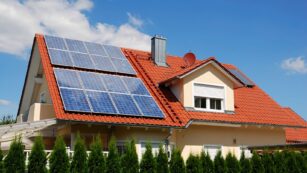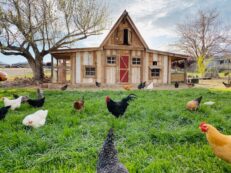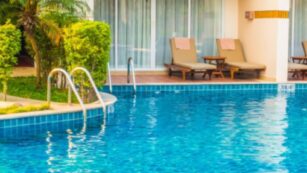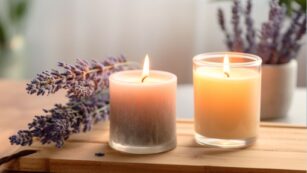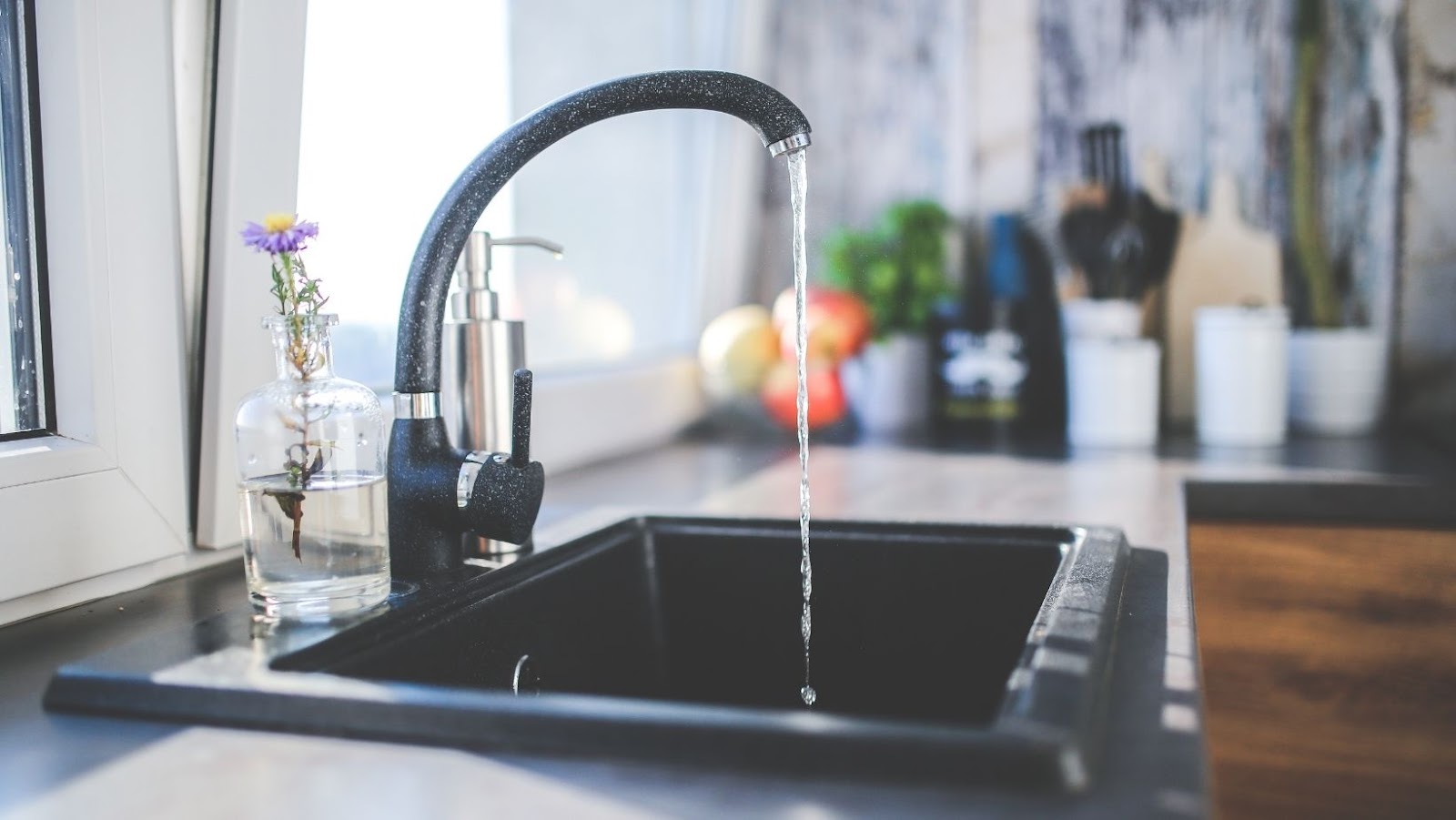
Clogged drains are a pain to deal with and can be expensive to fix. No one wants to deal with plumbing issues when they’re at their worst. With the correct knowledge, preventing plumbing issues like leaks, busted pipes, and clogged drainage systems is simple.
Plumbing systems require year-round upkeep in both old and new houses, so keeping an eye out for signs of plumbing issues is essential. You can prevent the kinds of problems that can lead to the need for plumbing repair if you have a little know-how and a few plumbing tips in your home maintenance checklist.
Here are our suggestions for avoiding plumbing issues so that they don’t become serious.
Avoid Grease and Grime
Some of the worst substances you can put in your pipes are grease and grime from leftover meals and cooking. They congeal when they cool, making it easy for other items to stick to them. Consider them like a sticky adhesive that clings to your pipes.
Scrape leftovers into the bin or into a separate container to avoid this as much as possible.
Use Drain Stoppers
Clogs are most commonly caused by hair, food particles, and grease. Use a simple drain stopper (basically a metal or mesh grid that fits over the drain opening) for your tubs, sinks, and showers to keep grime out of your plumbing.
Don’t forget about the washing room. To stop lint particles and anything else that accidentally goes through the wash from entering your drain, attach a lint catcher to your washing machine hose. After each usage, you should clean the stoppers.
Clean Pipes Monthly
Over time, hair, grease, and other muck accumulate in drains. You may eliminate grit and dirt from your drain using a non-corrosive drain cleaner that makes use of harmless bacteria. Pour a little baking soda down the drain and flush it with hot water, which not only cleans but also eliminates smells. Keep the pop-up stoppers on your sinks free of hair and dirt as well, ideally after each use.
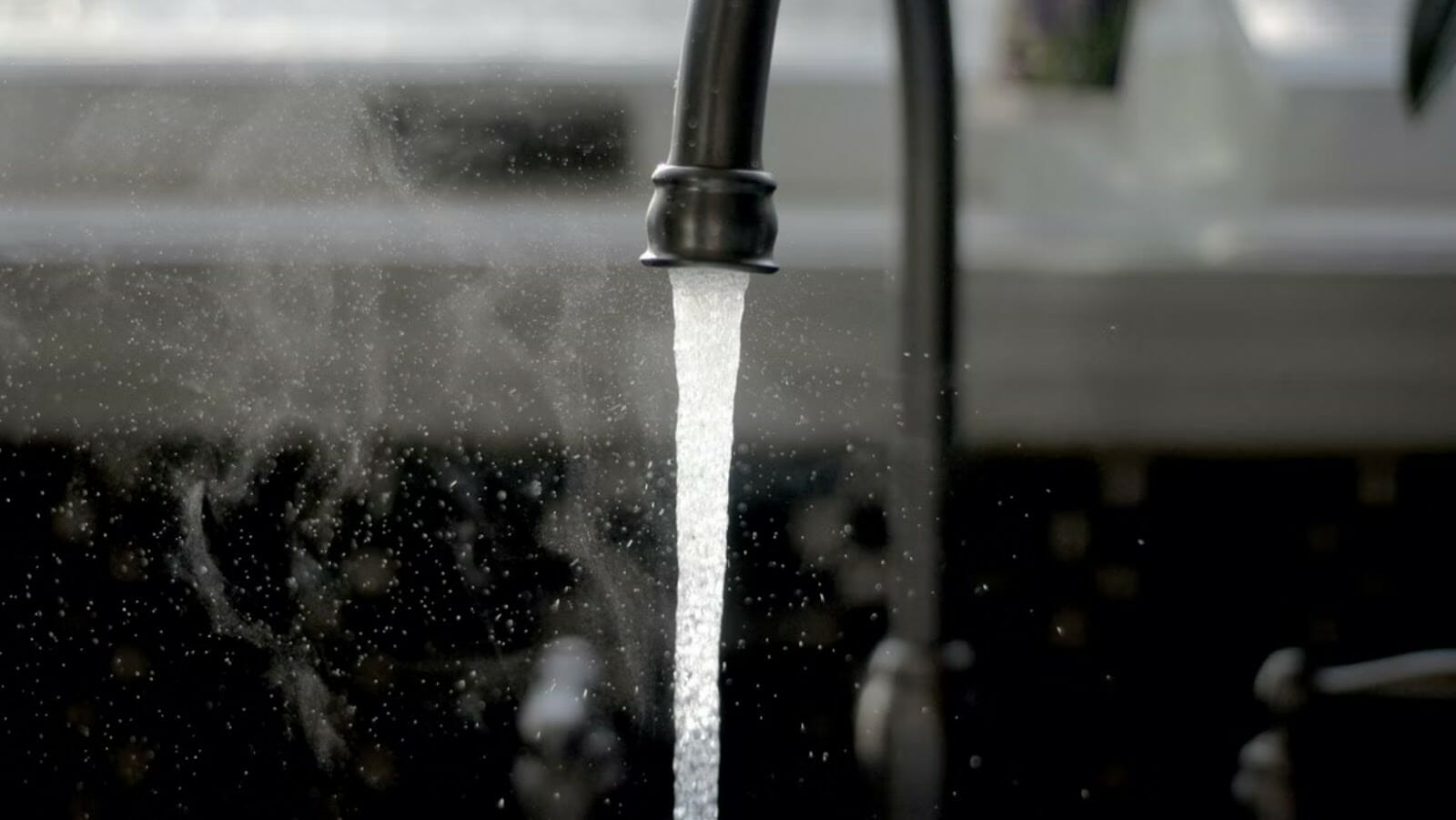
Hot Water Flushes
Running hot water down your drain on a regular basis and occasionally adding vinegar will help break up oils in food items and clean any possible obstructions. Some low-volume fixtures and pipelines are rarely exposed to the substantial amounts of water required to clean away trash completely.
Fix this by draining a significant amount of water (approximately five gallons) down sinks and baths on a regular basis. This should be done monthly (at least), but some people prefer to do it weekly.
Garbage Disposals
While it may be easy to grind food and coffee grounds in the sink, it could cause plumbing problems. Collect rubbish and compost it whenever feasible instead of using the garbage disposal.
Use cold water when you do use your disposal instead of warm or hot water, and remember to clean it regularly. You can do this by chopping up some ice cubes with salt to cut oil and clean the sides.
Fix Recurring Issues
When a pipe or sewage line backs up, don’t wait for the next obstruction to happen. Act now. Fixing the fundamental cause of periodic blocks is less expensive than dealing with the consequences of frequent backups.
Tree roots invading sewage systems or structural faults in the pipes might cause recurring problems. Bring in a professional to scope the line. This usually requires sending a remote camera down the drain to check the situation.
Take Away
Most problems can be avoided by doing the things we’ve mentioned above. We recommend making these plumbing tips part of your household maintenance routines to avoid costly repairs.
It is also a good idea to get your plumbing checked by professionals annually to detect and fix issues that you can’t see before they become bigger and more expensive problems later on.







